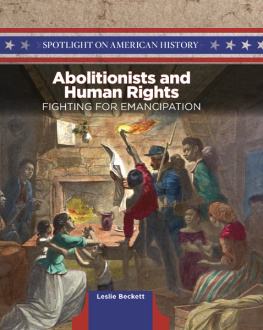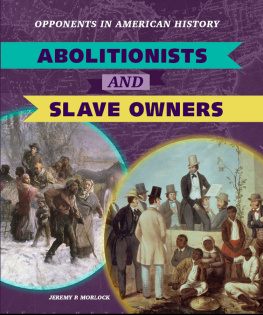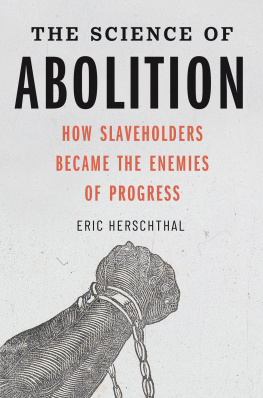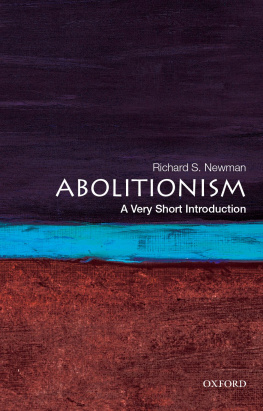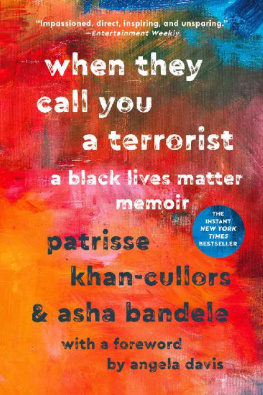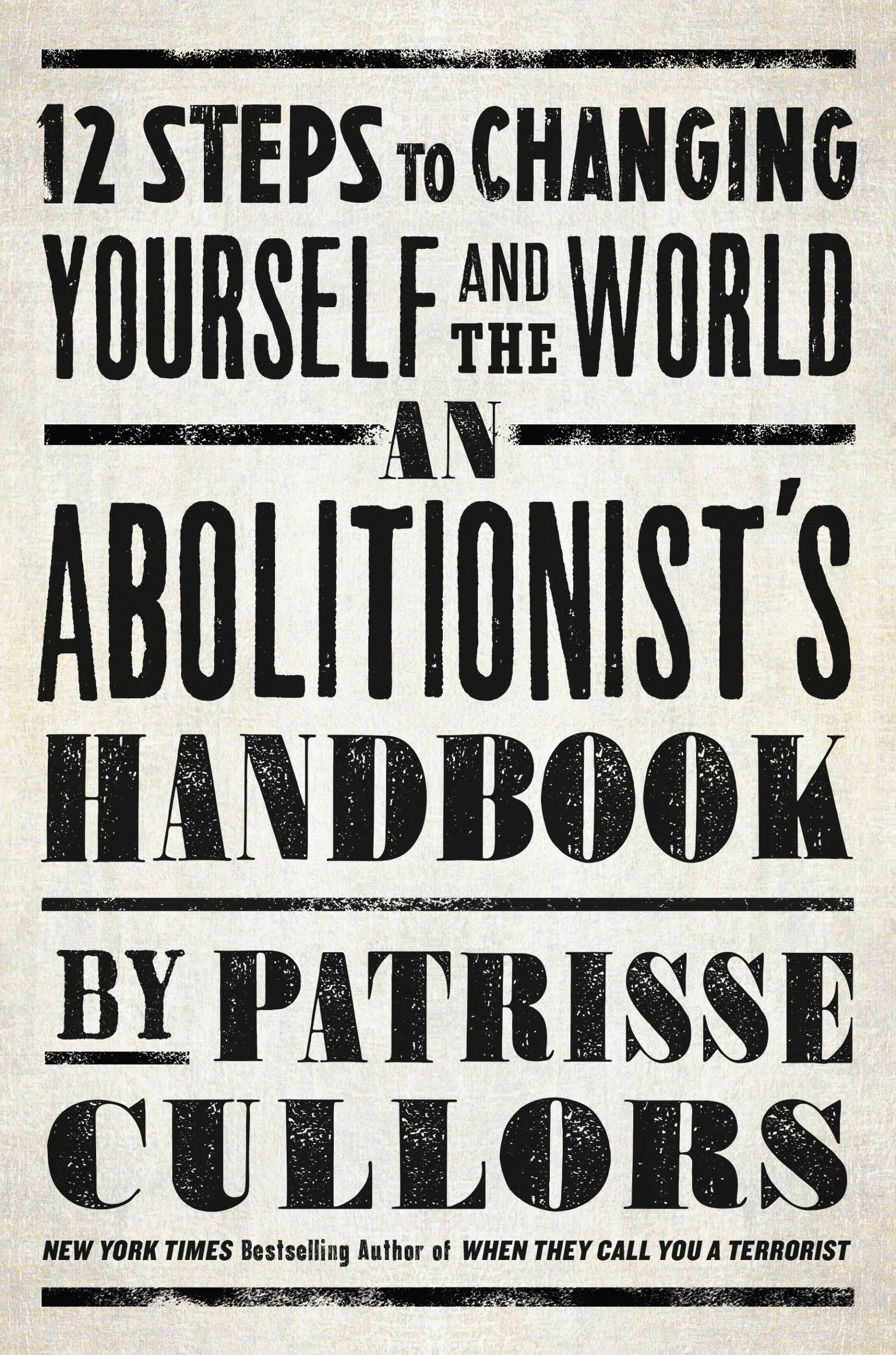Contents
Guide
Pagebreaks of the print version

The author and publisher have provided this e-book to you for your personal use only. You may not make this e-book publicly available in any way. Copyright infringement is against the law. If you believe the copy of this e-book you are reading infringes on the authors copyright, please notify the publisher at: us.macmillanusa.com/piracy.
I dedicate this book to every single person fighting for a world without cages, police and surveillance, but also fighting for a world where accountability isnt about punishment but rather about transformation and dignity.
Patrisse Cullors wants you to know that abolition is vulnerable, intimate, personal and non-negotiable work.
As I write this to you, the cry to defund the police rises up in chorus around the worldone way that the public is evolving the discourse with the ideas of abolition. There are experiments in redistributing budgets from policing and incarceration to the more effective long-term strategies of mental health support, mediation and conflict resolution. There are articles in every major paper and magazine debating just how literally we as abolitionists mean for the general public to interpret these three words. And we answer, singing in assertion of our vision: yes, we mean an end of police; yes, we mean the end of prisons. Yes, we are saying that the hypothesis that prisons and policing keep us safe has been disproved, and we are ready to learn what will actually work at the scale of relationship. Communities are reckoning with the responsibility of embodying abolition in our intimate and neighborhood relationships, in how we navigate conflict within our movements, in how we understand our very identities.
Abolition is a series of choices and practices. Throughout history, to stand with abolition has meant to move toward liberation by escaping and running for freedom, to hide people in your home, to intervene in the efforts of the slaver and slave catcher and in more recent years to develop an analysis of the throughline from slavery to the prison-industrial complex. Deeply personal choices can create a pattern of abolition. And in this moment, we are understanding, more deeply than ever, that each of us is called to the work of self and collective transformation for a future that abolition has helped create.
We cant get where we need to go if we arent willing to be vulnerable, to make mistakes, to recognize inside of ourselves the capacity to misstep, to act in anger and reaction, to lose touch with our good intentions. And thenand this is the important partto turn and face those missteps with humility and curiosity, allowing those difficult moments to become the skeletal structure for our integrity and dignity, for our political clarity.
In the pages that follow, Patrisse owns her own missteps and reactions, and claims her lessons, bringing us all into the courageous conversation. Before she was a co-founder of Black Lives Matter, Patrisse was already an abolitionist working to transform the conditions of her community, impacted by her own familial experiences with the carceral state. She has already given us the memoir When They Call You a Terrorist, and in AnAbolitionists Handbook she builds a bridge from her story to our own, from our challenges to our hardest-won lessons, from our dysfunctional system to accessible practices we can all put into application for our collective abolitionist journey. Patrisse weaves her abolitionist story into a fabric thick with ancestors and comradesIda B. Wells, Eleanor Bumpurs, bell hooks, Cara Page, Leah Lakshmi Piepzna-Samarasinha, Mia Mingus, Prentis Hemphill, Ruthie Wilson Gilmore and many more.
Patrisse honors her lineage as she shows us where and how she learned to navigate vulnerability and need. We get to learn from the ways she has loved and fought and stayed in the work and from her personal and political relationships. From her journey through a Jehovahs Witness upbringing into a queer polyamorous adulthood, her journey from daughter to mother, her journey from family member of incarcerated Black humans to organizer transforming the conditions of liberation and her balancing between activism and cultural work, we get to see the constant forces of change. We get to learn from Patrisse how we can harness the energy of change toward our best selves, and toward our inevitable abolitionist future.
I met Patrisse many years ago around the same time I was introduced to abolition. I met her (her father, too) at a fundraiser for a mutual friends brother who had just recently been incarcerated. I have several family members who have been incarcerated. One, a cousin, was inside at the time, and I was beginning to politically engage in organizing efforts around opposing jail expansion. I was on the cusp of bringing the important, necessary worlds together inside of me: my personal life and story and my organizing visions. That night, with the openness and clarity with which everyone spoke about the interconnection between the two and the out loud dreaming of another way for our relations, was a revelation to me. Abolition was no longer something that happened outside of me or far away from me. I could also now see how abolition meant new futures for my family and for all of our families.
That abolition has come to be a more mainstream debate and conversation, and that it has finally moved beyond the margins of the impossible, is a testament mostly to the work of organizers and scholars who have been telling the truth about our systems for decades. Change can start to happen when we stop taking for granted the confines of our reality and start to become responsive to the lessons we are learning. Abolition is that call, that catalyst. For many this may be a new awakening, a realization that through all the concepts of punishment, and all the stated logic of incarceration, we have been unable to address what seems fundamentally most important when something goes wrong: healing, repair and transformation. In fact, we are realizing that our current systems leave breaches and pain greater than what existed before and equally as tragic. Our current systems of punishment accelerate the ills of history, capturing the poor, the Black, the Brown, the disabled. We can and we have to do better.
This offering from Patrisse Cullors is a gift to those ready to practice abolition. It is a guidebook, a back-pocket reference when you need it. It is also a reminder that the transformation of systems happens in our most intimate places as much as anywhere else. How we deal with the breakdowns with our own people is a demonstration of what we have embodied up to this point. In this book, we are given permission to be in development, to be in learning and practice. We have a long way to go and this is a meaningful move forward for all of us wanting to make the impossible real.
Along the way you will get to hear Patrisses reflections, her navigation of complex scenarios, her reflection through story of what this work means and looks like on the ground. She lets us in on where she comes from and who has inspired her along the way. It is so important to name our teachers and co-learners. These are reminders that we are not alone right now or in history. We have and are creating a lineage linked together by a commitment to freedom, but more specifically, we are creating systems that are human centered, repair and healing centered. Systems that believe in the greatest potential of human beings even when we mess up. This book is a companion for all of us in imagining and practicing something more beautiful and more just.


